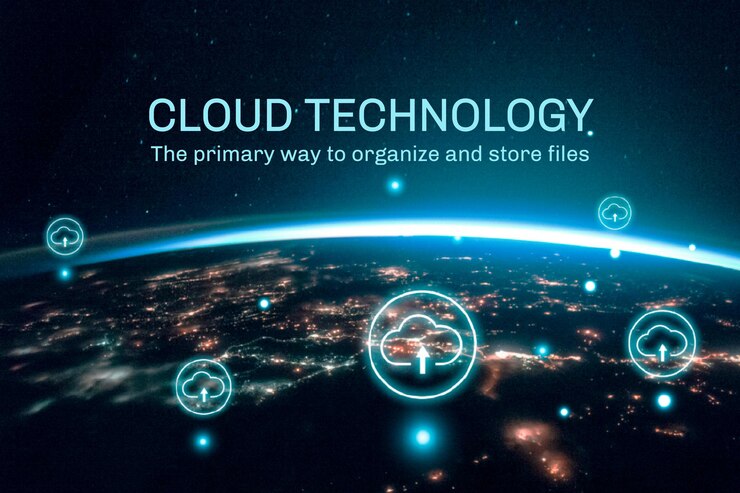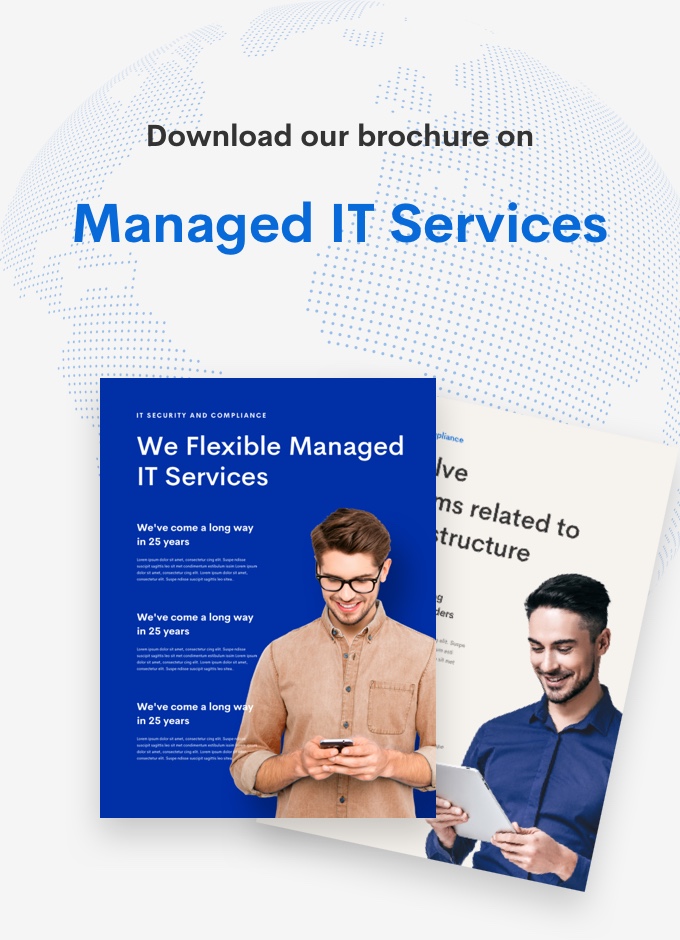Navigating the Cloud: Key Considerations For Successful Implementation

Navigating the Cloud: Key Considerations For Successful Implementation
In the fast-paced business environment of today, embracing cloud technology has become a strategic imperative for organizations aiming to maintain competitiveness and agility. While the benefits of cloud computing are numerous, including cost savings, scalability, and enhanced collaboration, the journey to successful cloud implementation poses its own set of challenges. To ensure a seamless transition, businesses must carefully deliberate on various factors. In this article, we’ll delve into three critical considerations that can guide businesses through the intricacies of cloud implementation.
Technology is always rapidly evolving and expanding, providing new opportunities and innovative solutions to some of today’s most pressing matters.
Clarifying Business Objectives and Requirements
Before embarking on the cloud journey, businesses must meticulously define their objectives and requirements. A one-size-fits-all approach is inadequate for cloud implementation, as each organization possesses unique needs, goals, and compliance considerations. A comprehensive assessment of current infrastructure, applications, and data is paramount.
Key questions to address include:
- What specific business goals are propelling the move to the cloud?
- Which applications and workloads need migration, and what dependencies do they have?
- Are there any compliance or regulatory considerations that demand attention?
Understanding these factors enables businesses to craft a tailored cloud strategy aligned with their specific needs, ensuring a seamless integration with existing systems.
2. Selecting the Right Cloud Service Model and Deployment Option
Cloud computing offers a spectrum of service models (IaaS, PaaS, and SaaS) and deployment options (public, private, hybrid, and multi-cloud). The optimal combination depends on the organization’s requirements, budget constraints, and long-term vision.
Service Models:
- IaaS: Provides virtualized computing resources.
- PaaS: Offers a platform for developers to build, deploy, and manage applications.
- SaaS: Delivers software applications over the internet on a subscription basis.
Deployment Options:
- Public Cloud: Services provided over the internet by a third-party provider.
- Private Cloud: Infrastructure dedicated solely to one organization.
- Hybrid Cloud: A combination of public and private clouds.
- Multi-Cloud: Involves using services from multiple cloud providers.
Careful consideration of workload requirements ensures the selection of the most suitable service and deployment model, optimizing performance, scalability, and cost-effectiveness.
3. Prioritizing Security and Compliance
Security is a paramount concern for businesses transitioning to the cloud. Ensuring the confidentiality, integrity, and availability of data is non-negotiable. The responsibility for implementing robust security measures and compliance controls is shared between the cloud service provider and the business.
Key considerations for security and compliance include:
- Data Encryption: Implementing encryption mechanisms for data protection.
- Identity & Access Management: Monitoring and controlling user access to resources.
- Regular Audits & Monitoring: Conducting frequent security audits & implementing continuous monitoring.
- Compliance Standards: Adhering to industry-specific regulations and compliance standards.
By prioritizing security and compliance from the outset, businesses can build trust with customers, safeguard sensitive data, and mitigate potential risks associated with cloud adoption.
In Conclusion
Successful cloud implementation demands a thoughtful and strategic approach. By understanding business objectives, selecting the right cloud models, and prioritizing security and compliance, businesses can fully leverage the potential of cloud technology, foster innovation, and gain a competitive edge in today’s dynamic business landscape.
As a leading cloud service provider, ITLOGIXS aids in defining objectives, embracing automation, prioritizing security, selecting the feasible cloud model, and fostering a cloud-centric culture. This approach drives efficiency, innovation, and growth. ITLOGIXS cloud implementation services position businesses ahead in the ever-evolving technology landscape.
Connect with our Experts today and explore how they can assist you in achieving your goals.
About ITLOGIXS
ITLOGIXS is a premier digital technology solutions company grounded in disruptive innovation. With over 8+ years of experience, our innovation-centric and engineering-first approach has propelled digital-driven success for over 25 global enterprises across various industries, including CPG & Retail, Banking & Financial Services, Food & Beverage, Manufacturing & Distribution, and Life Sciences.



